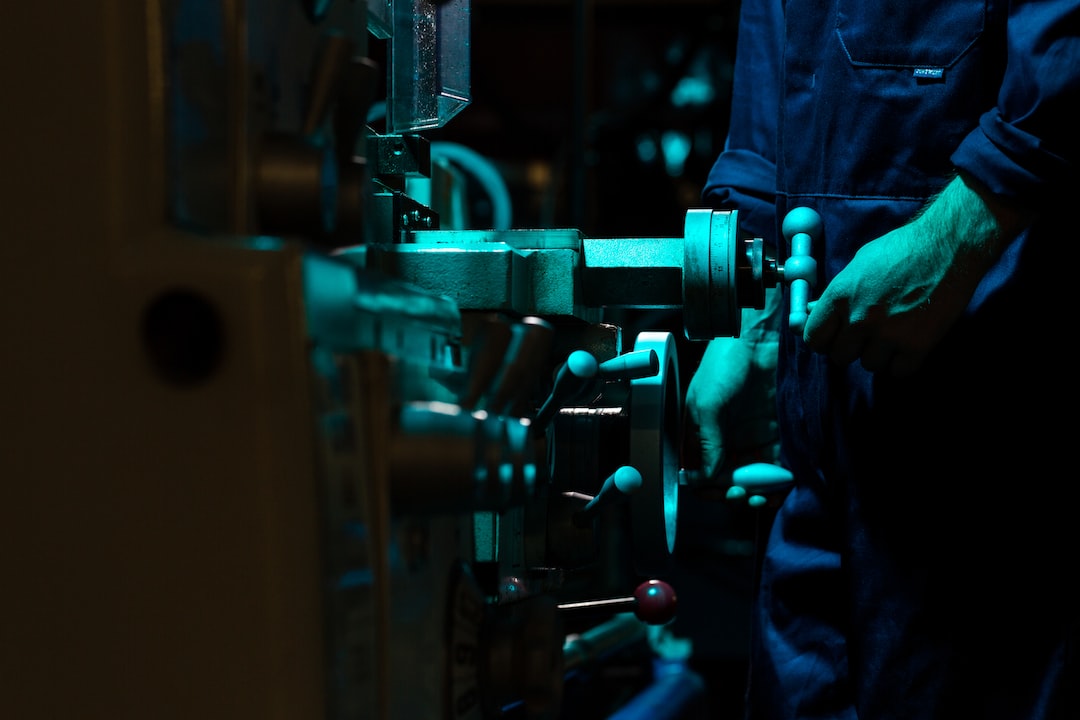Implementing Sustainable Packaging Solutions in Manufacturing
In recent years, there has been growing concern about the environmental impact of manufacturing and packaging industries. With the rate at which natural resources are being depleted and waste piling up in landfills, there is an urgent need for businesses to adopt sustainable practices. One crucial aspect of sustainable manufacturing is implementing eco-friendly packaging solutions. In this blog post, we will explore the importance of sustainable packaging and ways to implement it in the manufacturing industry.
Why is Sustainable Packaging Important?
Packaging plays a significant role in product delivery, protection, and marketing. However, traditional packaging materials like plastics and Styrofoam have devastating effects on the environment. These materials take centuries to break down, contaminating the soil, waterways, and oceans. To combat these issues, sustainable packaging offers a viable solution.
1. Reduce Environmental Footprint: Sustainable packaging solutions help reduce the environmental footprint of manufacturing processes. By using materials that are renewable, recyclable, or biodegradable, businesses can ensure that their packaging has less impact on the environment. For example, using bioplastics derived from renewable resources instead of petroleum-based plastics can significantly reduce greenhouse gas emissions.
2. Encourage Circular Economy: Sustainable packaging promotes a circular economy where resources are used efficiently, and waste is minimized. Packaging materials like paperboard, cardboard, and glass can be easily recovered, recycled, and reused. By implementing packaging materials that are part of the circular economy, businesses can contribute to a more sustainable future.
3. Enhance Brand Image: Consumers are becoming more conscious of environmental issues, and they are actively seeking products from brands that prioritize sustainability. Implementing sustainable packaging solutions can give businesses a competitive edge by aligning their brand image with eco-friendly practices. It shows consumers that the business is committed to reducing its environmental impact, which can positively influence purchasing decisions.
Implementing Sustainable Packaging Solutions:
Now that we understand the importance of sustainable packaging let’s explore some strategies businesses can adopt to implement it in their manufacturing processes.
1. Assess and Optimize Packaging Design: The first step towards sustainable packaging is to assess and optimize the design. This includes reducing unnecessary packaging, minimizing the use of materials, and designing for recyclability. By optimizing the packaging design, businesses can minimize waste and material usage, reducing their environmental impact.
2. Use Renewable and Recyclable Materials: Choosing renewable and recyclable materials for packaging is crucial. Materials like recycled paper and cardboard, biodegradable plastics, and plant-based bioplastics can be used as alternative options to traditional packaging materials. These materials not only reduce the carbon footprint but also contribute to the circular economy.
3. Embrace Minimalist Packaging: Minimalist packaging focuses on using the least amount of material necessary to protect the product. By eliminating excessive layers and components, businesses can reduce waste and streamline their packaging processes. This approach not only reduces environmental impact but also lowers production and transportation costs.
4. Incorporate Eco-Friendly Labels and Inks: In addition to the packaging materials, businesses can opt for eco-friendly labels and inks. Labels made from recycled materials, water-based inks, and soy-based inks are better alternatives to traditional ones that contain harmful chemicals. These options are more sustainable and can be easily recycled.
5. Educate Consumers: To make sustainable packaging solutions effective, businesses need to educate consumers about their efforts. Including information on packaging materials, recycling instructions, and the environmental benefits can raise awareness and encourage consumers to participate in recycling programs. Consumer education is vital for creating a sustainable packaging culture.
Conclusion:
Implementing sustainable packaging solutions in manufacturing is crucial to reduce the environmental impact of industries. By opting for renewable and recyclable materials, optimizing packaging design, embracing minimalism, and educating consumers, businesses can contribute to a more sustainable future. Sustainable packaging not only helps in protecting the environment but also improves brand image and meets the growing demand for eco-friendly products. As we move towards a more sustainable world, it is essential for businesses to take responsibility and implement sustainable packaging solutions in their manufacturing processes.

